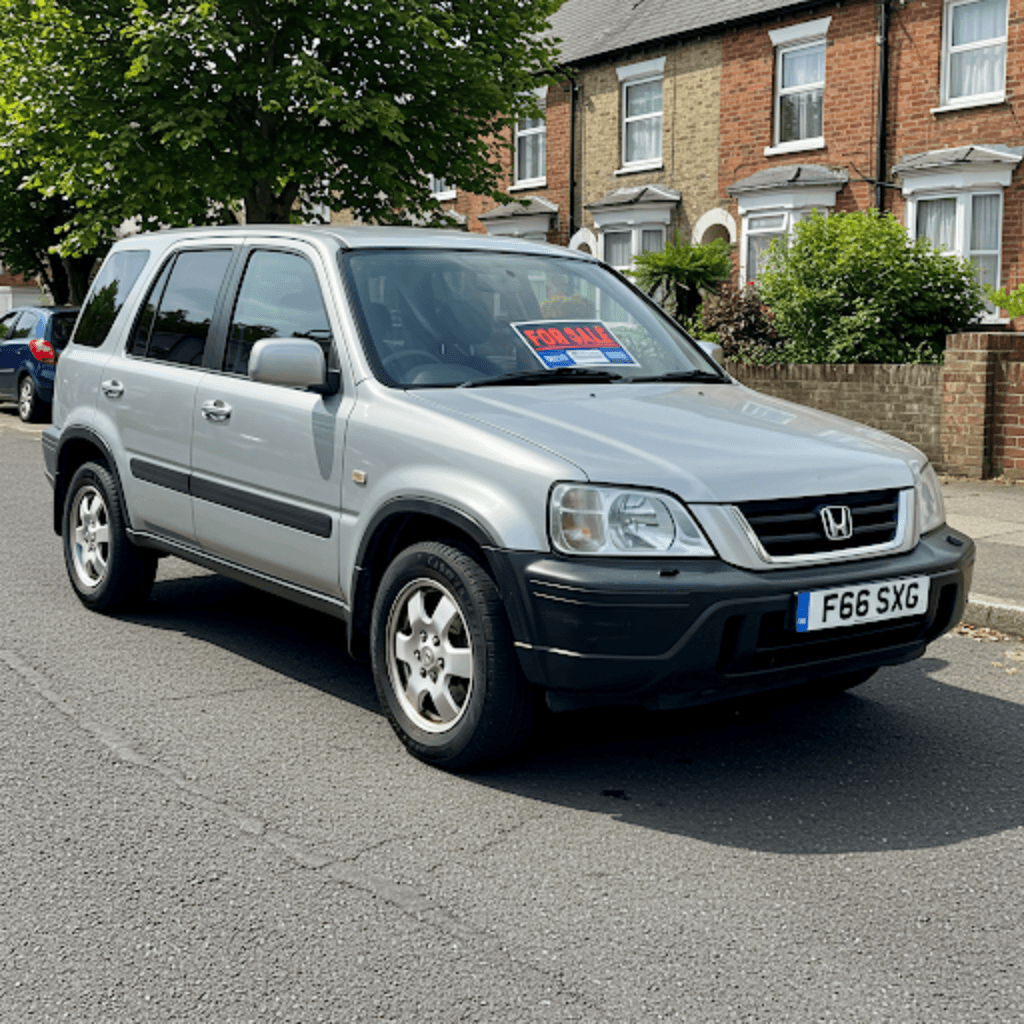
Finding Your Perfect SUV: A UK Buyer’s Guide
Finding Your Perfect SUV: A UK Buyer’s Guide

The SUV (Sport Utility Vehicle) market in the UK has exploded in recent years. Once a niche segment, SUVs now dominate our roads, offering a blend of practicality, comfort, and perceived safety that appeals to a wide range of drivers. But with so much choice available, finding the right SUV for sale can feel overwhelming. This guide aims to simplify the process, helping you navigate the options and drive away with the perfect vehicle for your needs and budget.
Why Choose an SUV?
SUVs offer several advantages over traditional hatchbacks and saloons. Their higher driving position provides a commanding view of the road, improving visibility and, for many, a feeling of increased safety. The increased ground clearance is also beneficial for navigating uneven roads, speed bumps, and even mild off-road conditions (though it’s crucial to remember that not all SUVs are designed for serious off-roading).
Inside, SUVs generally offer more spacious interiors than similarly sized hatchbacks. This translates to more legroom for passengers, a larger boot for luggage, and often the flexibility of folding rear seats to accommodate larger items. Many SUVs also come with seven-seater options, making them ideal for larger families.
Types of SUVs Available
The term ‘SUV’ encompasses a broad range of vehicles. Understanding the different categories can help you narrow down your search:
- Compact SUVs (Crossovers): These are often based on hatchback platforms and offer a good balance of fuel efficiency, manoeuvrability, and practicality. They’re ideal for city driving and smaller families. Examples popular the UK include the Nissan Qashqai, the Ford Puma and the Kia Sportage.
- Mid-Size SUVs: Offering more space and often more powerful engines, mid-size SUVs are a popular choice for families. They typically offer a comfortable ride and good towing capacity. Well-liked options are the Skoda Kodiaq, the Peugeot 5008, and the Land Rover Discovery Sport.
- Large SUVs: These are the behemoths of the SUV world, offering maximum space, luxury features, and often significant off-road capability. They tend to be less fuel-efficient and more expensive to run. Consider models such as the Volvo XC90, the BMW X5, or the Audi Q7.
- Premium SUVs: This category overlaps with the size classifications, but focuses on luxury and performance. Brands like Range Rover, Porsche, and Bentley offer SUVs that combine opulent interiors with powerful engines and advanced technology.
Fuel Type Considerations
The choice of fuel type is increasingly important, impacting both running costs and environmental impact. Consider the following:
- Petrol: Still a popular choice, petrol engines are generally quieter and smoother than diesels, and often cheaper to buy initially. However, they tend to be less fuel-efficient, particularly in larger SUVs.
- Diesel: Traditionally favoured for their fuel economy and torque (pulling power), diesel SUVs are well-suited to long-distance driving and towing. However, concerns about emissions and potential future restrictions in city centres are making some buyers reconsider diesel.
- Hybrid: Hybrid SUVs combine a petrol engine with an electric motor, offering improved fuel economy and lower emissions, especially in urban driving. There are two main types:
- Self-Charging Hybrids: These recharge the battery through regenerative braking and the engine itself.
- Plug-in Hybrids (PHEVs): These can be plugged into an external power source to recharge the battery, offering a greater electric-only range.
- Electric (EV): Fully electric SUVs are becoming increasingly popular, offering zero tailpipe emissions and potentially significant running cost savings. However, the range and charging infrastructure are still considerations for some buyers.
New vs. Used SUVs
Deciding whether to buy a new or used SUV is a crucial step. New SUVs offer the latest technology, a full manufacturer’s warranty, and the peace of mind that comes with owning a brand-new vehicle. However, they also depreciate (lose value) quickly.
Used SUVs offer significant cost savings, especially if you choose a model that’s a few years old. However, you’ll need to do your research to ensure you’re buying a reliable vehicle. Consider a pre-purchase inspection by a qualified mechanic and check the vehicle’s history carefully.
Budget and Financing
Set clear budget, it is important part, to determine how much You are able to spend monthly or total price of car.
Explore financing options: There’s many options to finance Your new of used car, best way to determine that, it is speak with Your Bank and with Car dealer.
Key Features to Consider
Beyond the basics, consider which features are important to you:
- Safety: Look for SUVs with high safety ratings from Euro NCAP. Features like Autonomous Emergency Braking (AEB), Lane Departure Warning, and Blind Spot Monitoring can significantly enhance safety.
- Technology: Consider features like satellite navigation, a touchscreen infotainment system, Apple CarPlay/Android Auto compatibility, and a reversing camera.
- Comfort: Think about features like leather seats, heated seats, climate control, and a panoramic sunroof.
- Practicality: Consider the boot size, the availability of roof rails, and the towing capacity if you need to tow a caravan or trailer.
Doing Your Research
Before heading to a dealership, do your research online. Read reviews, compare specifications, and check out owner forums to get real-world feedback on different models. Websites that compile reviews are invaluable resources. Also make use of resources from motoring magazines online.
The Test Drive
The test drive is crucial. Don’t be rushed, and make sure you drive the car on a variety of roads, including urban streets, motorways, and, if possible, some roads that reflect your typical driving conditions. Pay attention to the engine’s performance, the ride comfort, the handling, and the visibility. Make sure you’re comfortable with the driving position and that all the controls are easy to reach and use.
Negotiating the Price
In most cases, You can negotiate the price, never be afraid to ask best price or some extras.
Final Thoughts
Choosing an SUV is a significant decision. By carefully considering your needs, budget, and the various options available, you can find the perfect SUV to suit your lifestyle and enjoy many years of happy motoring. Remember to prioritise safety, reliability, and suitability for your intended use. Good luck with your search!







